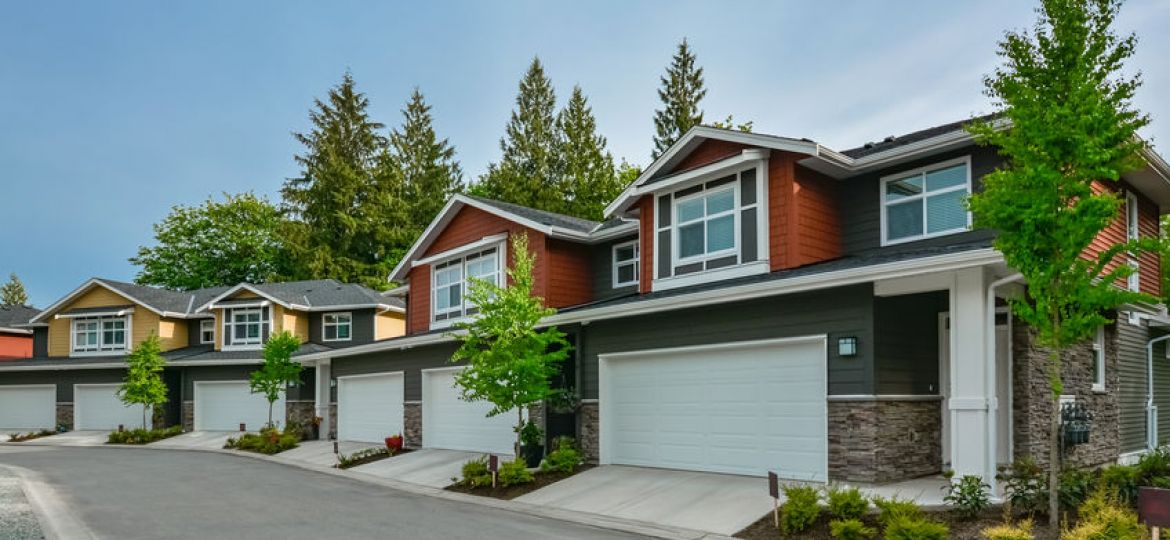
 Protecting your investment is normally a concern that is top of mind if you’re a homeowner who rents. After all, your rental is likely a significant source of passive income. Even with the most responsible and careful tenants, damage is often unavoidable. This is especially true if you use the home for long-term rentals, and let the daily wear-and-tear go unresolved.
Protecting your investment is normally a concern that is top of mind if you’re a homeowner who rents. After all, your rental is likely a significant source of passive income. Even with the most responsible and careful tenants, damage is often unavoidable. This is especially true if you use the home for long-term rentals, and let the daily wear-and-tear go unresolved.
Many in the homeowner and rental space are left wondering: What recourse do homeowners have to take against tenants who leave damages behind for homeowners to deal with? There are many different legal considerations and avenues that you can take to resolve your damage with your tenant.
While this may come as no surprise, there is an extensive set of codes and laws surrounding homeowner and tenant interaction in the state of Utah. Because of this, landlords are often recommended to act in ways that are preventative to minimize the risk of damage. Here are some things to consider:
- Provide a written code of conduct or property maintenance sheet. Putting your requests and standards for the property in writing can be advantageous to you, and help to ensure that there are no miscommunications between yourself and your tenant. You can easily provide this in the sign-on paperwork, or remind tenants in the form of a check-in email or phone call. Setting expectations from the start of the homeowner/tenant relationship is a great first step to protecting your property.
- Foster strong communication. While this step seems simple, it is imperative for the foundation of any strong homeowner/tenant relationship. In the case of any sort of accident or damage to the home, your tenant will likely feel comfortable enough to reach out and let you know, rather than ignore the damage or even worse, attempt an unsanctioned or unapproved fix that would lead to further damage. Encouraging regular conversation and connection is helpful in these cases, and can be done with gifts, check-ins, emails, or phone calls.
- Offer additional resources for basic fixes. Toilets overflow, sink fixtures break, lightbulbs blow out… These are all very real realities to living in any home space. To prevent mismanagement of fixes, consider creating a help sheet for your tenant that illustrates things that they can do on a case-by-case basis. This helps them to clarify what areas fall under their designation to fix, and what requires a professional. You can include the names of trusted specialists and ensure that it is in one centralized document for reference in case any issues should arise.
While these suggestions above are strong ways that you can work with your tenants preventatively to protect your property, you may have a situation that isn’t able to be impacted by these steps. You may have had a difficult tenant who already damaged the home, or who is bringing further issues and complications to your situation. There is legal recourse that you can take — and the first step to addressing this in confidence is knowing your rights and legal protections as a homeowner.
If you have the suspicion that there is damage going ignored in the home, resist the urge to simply knock and enter. In the State of Utah, you are required to offer 24 hours notice to your tenant, notifying them that you will be on the property and requesting entry. Either of you may change this duration of time at any point that it suits, so ensure that proper communication is given prior to any type of entry.
If the tenant has already left or is refusing to pay or address any type of maintenance concerns on your property, you must go back to your agreement. The security deposit that they were charged during their move-in period would be the next best thing that you could use to address the maintenance complaint. In the state of Utah, you are able to charge whatever you’d like for the rental deposit. As you prepare for your next tenant and determine what cost offset you can gain from your current tenant’s deposit, it’s important to evaluate the potential risks of the next renter and consider raising the deposit to cover any other potential damages. This can help you plan for the future. You can also choose to retain the services of a tenant/landlord law attorney to help you determine what other recourse you have in your unique case.
Are you struggling with damage to your rental property? The experts at Ascent Law are here to help. For more information and to book a free intro call today, contact us at (801) 432-8682.
